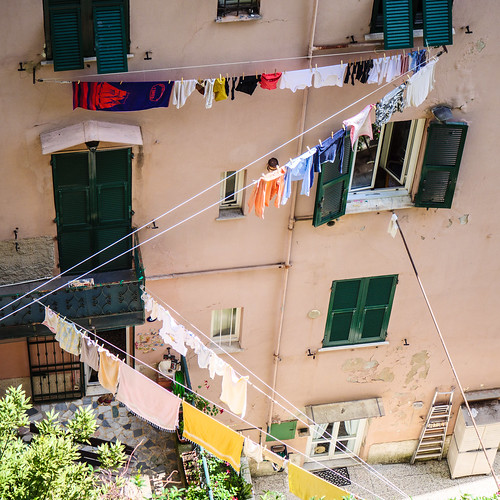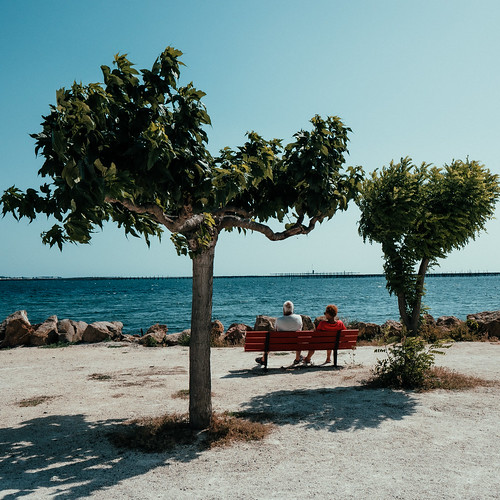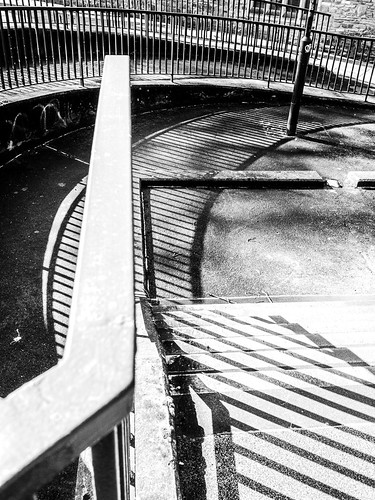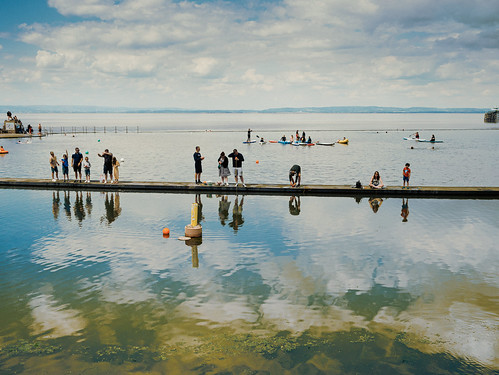Posts by author:
Chris Bertram
A few years ago at Crooked Timber, I posted a review of Oscar Martinez’s book The Beast, about the migration route to the United States from Central America through Mexico. It was a horrifying catalogue of coercion, physical injuries, murders and rapes and one friend who read it on my recommendation told me he regretted having done so, because it was so disturbing. If anything a more horrible story is told in My Fourth Time We Drowned: Seeking Refuge on the World’s Deadliest Migration Route, by the Irish journalist Sally Hayden. It is a book that exposes the deadly migration route across the Sahara to Libya, the Libyan detention camps run by militias, and then the attempts to cross the Mediterranean that are often foiled by the EU-funded Libyan “coastguard”, that often lead to mass drownings and only sometimes to an arrival in Italy or Malta.
There are many nationalities trying to cross to Europe, but many of them, and a particular focus of Hayden’s narrative, are Eritreans. Eritrea is the most repressive state in Africa and by some measures more repressive than North Korea. The Eritreans who are trying to flee this police state are trying to escape a life of indefinite conscription, often punctuated by violence and by sexual abuse. European states, in an echo of their actions in trying to prevent Jews from fleeing Germany in the 1930s, act so as to make it as difficult for people to escape as possible. In doing so, they empower and enrich both the people smugglers who treat these escapees as exploitable assets and the various militias who run detention camps within Libya.
As they make their way across the desert, where many are abandoned and die, migrants fall into the hands of smugglers to whom they may already have paid a fee. They are held and their relatives receive pictures of them demanding more money for their onward transit, pictures of sons and daughter being tortured that resemble for all the world those pictures of Abu Ghraib. The smugglers who hold them in these coralls, not only torture for money and recreation, they also rape large numbers of the women held there.
[click to continue…]
More than forty years ago, before I went to university, I was living in Paris and became an “organized sympathiser”, a candidate for membership, of the Trotskyist sect Lutte Ouvrière. The training for people like me consisted, of course, of reading some Marxist classics, but also of making one’s way through a list of novels that included, as I recall, Zola’s Germinal, Christiane Rochefort’s Les Stances à Sophie, Malraux’s Les Conquérants and La Condition Humaine, Orwell’s Homage to Catalonia, London’s The Iron Heel and certainly some others that I forget. One of the books that I never got round to was Ousmane Sembène’s Les Bouts de bois de Dieu, and I had more or less forgotten about it until a contact on social media with whom I share many mutual friends reported reading it after a trip to Senegal. So I thought I would give it a go.
It is one of the most remarkable novels I have read in the past several years and deserves to be widely knows as a classic. It is an epic constructed somewhat in the manner of a great Russian novel (think of Grossman’s Life and Fate, for example) and centres on a strike of African railway workers, against the French rail company and the colonial administration in 1947-8. The strikers are poor, many of them are illiterate, they are Muslims, many are in polygamous families and they are regarded by the French as savages and by their religious leaders as people who ought to be grateful and know their place. Yet they have their dignity and cannot accept that they are worth less than the whites who work on the railway, that they should have no entitlement to family support, or to a pension in their old age. So they strike, heedless of the advice of their elders who had done the same ten years before.
[click to continue…]
I’ve spent many an hour trying to capture the swifts that speed in large numbers through and over the streets of Pézenas in France at this time of year. Alas they are very fast and change direction abruptly, so mostly all I get is blur. But this week I noticed that they sometimes spend a moment in the corner formed by a building opposite.
I’ve just finished Erin Pineda’s Seeing Like an Activist: Civil Disobedience and the Civil Rights Movement (Oxford University Press, 2021), and it is a very welcome addition to the literature on both civil disobedience and the history of the US civil rights movement that anyone interested in either topic should read. Pineda is keen to push back against a particular liberal constitutionalist theory of civil disobedience, associated with Bedau and Rawls that purports to draw on the US civil rights movement but which, according to her, ends up both falsifying the history and provides succour to a narrative about civil rights that is used to discipline subsequent movements (such as Black Lives Matter) as failing to live up to the standards set by the activists of the 1960s. That narrative and theory also supports what we might call a form of soft white supremacy, according to which a nearly-just republic composed largely of white citizens was already in place and the task of civil disobedience was to communicate the anomalous exclusion of black Americans from the polity, so that white citizens, apprised of this injustice and stricken by conscience, would act to rectify things.
This standard liberal narrative around civil disobedience has fidelity to law and an acknowledgement of the basic justice and legitimacy of the established order at its heart. The task of civil disobedients on this view is to act non-coercively and non-violently but to break the law (a bit) only to raise the awareness of citizens considered as fellows who are thought of not as themselves implicated in the injustice but as basically good people who would act if only they knew. The civil disobedient on this view submits willingly, even eagerly, to punishment in order to testify to injustice whilst also accepting the shared framework of law. The tacit framework here is also a nationalist one (or at least a statist one) of shared co-operation among fellows who want to establish a just order on national territory together.
[click to continue…]
The results of the second round of the French legislative election are, despite some elements of respite, close to a disaster. The key element of that disaster is the advance of the far-right Rassemblement national to a total of 89 seats, by far the most significant representation for the extreme right under the 5th Republic. The position does not look markedly better if we look at vote shares, where the RN (plus other far-right parties such as Reconquête gathered in the first round 22.92%, up from 13.5% for similar parties in the comparable contest five years ago. A brighter sign was that the left-wing alliance NUPES gained 142 seats, though the domination of the NUPES by its figurehead, the left-nationalist Eurosceptic Jean-Luc Mélenchon opens the probabilty that its constituent elements will fragment in all directions quite early on.
That Emmanuel Macron and his right-centrist Ensemble group have not got a majority is hardly a bad thing in itself, but it is likely that far from seeking a compromise with the left (if one were really on offer) he will rely on the support of the right-wing Gaullist Les Républicains party, and so we can expect right-wing austerity coupled with ideological competition with the far right around an anti-immigrant and Islamophobic agenda.
[click to continue…]










